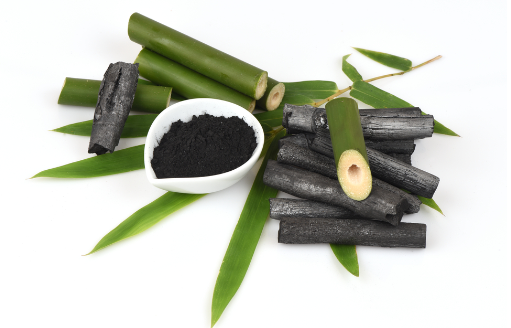Black From Food Coloring
In the colorful realm of food, where vibrant hues dominate the palate, there's a shade that stands out in its mysterious elegance – black. In this blog, we embark on a journey to unravel the secrets behind the creation of black from food coloring. Join us as we delve into the art, science, and creativity that converge to produce this enigmatic shade.
What is Vegetable Carbon Black e153?
Vegetable carbon black e153 supplier is a food additive, which the European Union (EU) and Canadian authorities have approved. However, it is prohibited in the United States, as the FDA does not approve its use. The E153 has a common name known as vegetable carbon. It is also known as carbon black, vegetable black or carbo medicinalis vegetabilis.

Vegetable Carbon Black e153: Nature's Black Emissary
One intriguing avenue for achieving black in food coloring is through the use of activated charcoal. As a natural pigment, activated charcoal not only imparts a deep black color but also brings a touch of earthy goodness to your culinary creations.
Black-colored food is popping up all over. From black coconut-ash ice cream to activated-charcoal-enhanced smoothies to black brioche buns. With Japan often being on the forefront of colorful food and drink trends, it is not supricing to see Japanese Burger King developed the Kuro Burger with a bun colored with bamboo charcoal and squid ink sauce and black-colored cheese. Ikea in Japan even introduced a black “Ninja Dog”, a hot dog that’s entirely black, from sausage to bun.
Black as food color is not new, for example, squid ink has been used to flavor and color pasta and risotto for a long time. Black barley, quinoa and garlic add eye appeal and drama to classic dishes. The more dominant black natural colorant is vegetable carbon. Vegetable Carbon (Carbon black) is made from fine particles of carbonized vegetable material, obtained through steam activation of vegetable fibres. Consumers often associate black with a bitter flavor, just the color seems to make the flavor more intense even if no flavor is added.
Vegatable carbon is suitable for black food coloring in e.g. confectionery, bakery products, decorations, cheese coating, black caviar substitute, cosmetics, and pharmaceuticals.

Want to try a sample? Request one here.
Send Inquiry
Related Industry Knowledge
- Organic Carob Powder Recipe and Benefits
- Glutamine Powder for Muscle Boost
- Organic Hemp Protein Powder for Weight Gain
- Pure Vitamin C Powder for Face
- Pure Resveratrol Powder for Skin Health
- Pure Liposomal Glutathione Liquid Health Wellness
- Pure Collagen: The Peptide Beauty
- Magnesium Complex Supplement: Protein and Glycinate
- Why Algal EPA Essential for Human Health?
- Is It Harmful to Eat NMN Raw Materials Directly?

